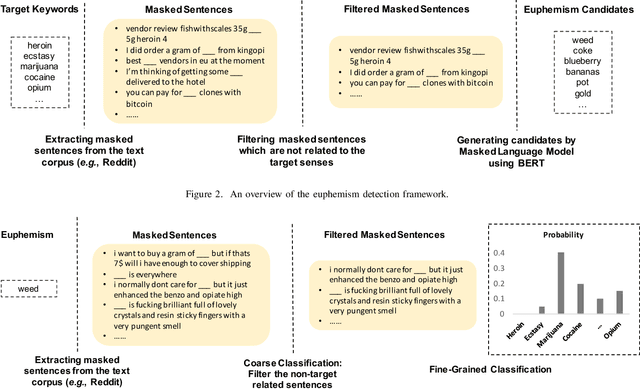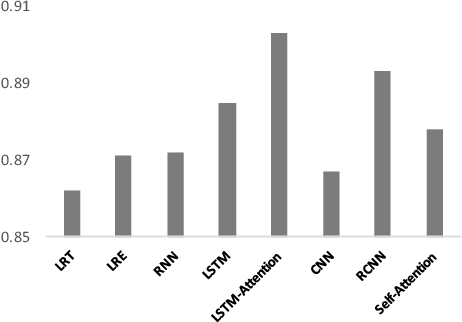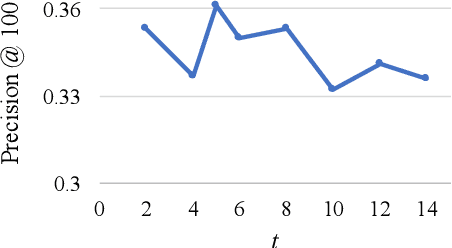Rohan Bansal
SAIL: Faster-than-Demonstration Execution of Imitation Learning Policies
Jun 13, 2025Abstract:Offline Imitation Learning (IL) methods such as Behavior Cloning are effective at acquiring complex robotic manipulation skills. However, existing IL-trained policies are confined to executing the task at the same speed as shown in demonstration data. This limits the task throughput of a robotic system, a critical requirement for applications such as industrial automation. In this paper, we introduce and formalize the novel problem of enabling faster-than-demonstration execution of visuomotor policies and identify fundamental challenges in robot dynamics and state-action distribution shifts. We instantiate the key insights as SAIL (Speed Adaptation for Imitation Learning), a full-stack system integrating four tightly-connected components: (1) a consistency-preserving action inference algorithm for smooth motion at high speed, (2) high-fidelity tracking of controller-invariant motion targets, (3) adaptive speed modulation that dynamically adjusts execution speed based on motion complexity, and (4) action scheduling to handle real-world system latencies. Experiments on 12 tasks across simulation and two real, distinct robot platforms show that SAIL achieves up to a 4x speedup over demonstration speed in simulation and up to 3.2x speedup in the real world. Additional detail is available at https://nadunranawaka1.github.io/sail-policy
Self-Supervised Euphemism Detection and Identification for Content Moderation
Mar 31, 2021



Abstract:Fringe groups and organizations have a long history of using euphemisms--ordinary-sounding words with a secret meaning--to conceal what they are discussing. Nowadays, one common use of euphemisms is to evade content moderation policies enforced by social media platforms. Existing tools for enforcing policy automatically rely on keyword searches for words on a "ban list", but these are notoriously imprecise: even when limited to swearwords, they can still cause embarrassing false positives. When a commonly used ordinary word acquires a euphemistic meaning, adding it to a keyword-based ban list is hopeless: consider "pot" (storage container or marijuana?) or "heater" (household appliance or firearm?) The current generation of social media companies instead hire staff to check posts manually, but this is expensive, inhumane, and not much more effective. It is usually apparent to a human moderator that a word is being used euphemistically, but they may not know what the secret meaning is, and therefore whether the message violates policy. Also, when a euphemism is banned, the group that used it need only invent another one, leaving moderators one step behind. This paper will demonstrate unsupervised algorithms that, by analyzing words in their sentence-level context, can both detect words being used euphemistically, and identify the secret meaning of each word. Compared to the existing state of the art, which uses context-free word embeddings, our algorithm for detecting euphemisms achieves 30-400% higher detection accuracies of unlabeled euphemisms in a text corpus. Our algorithm for revealing euphemistic meanings of words is the first of its kind, as far as we are aware. In the arms race between content moderators and policy evaders, our algorithms may help shift the balance in the direction of the moderators.
 Add to Chrome
Add to Chrome Add to Firefox
Add to Firefox Add to Edge
Add to Edge